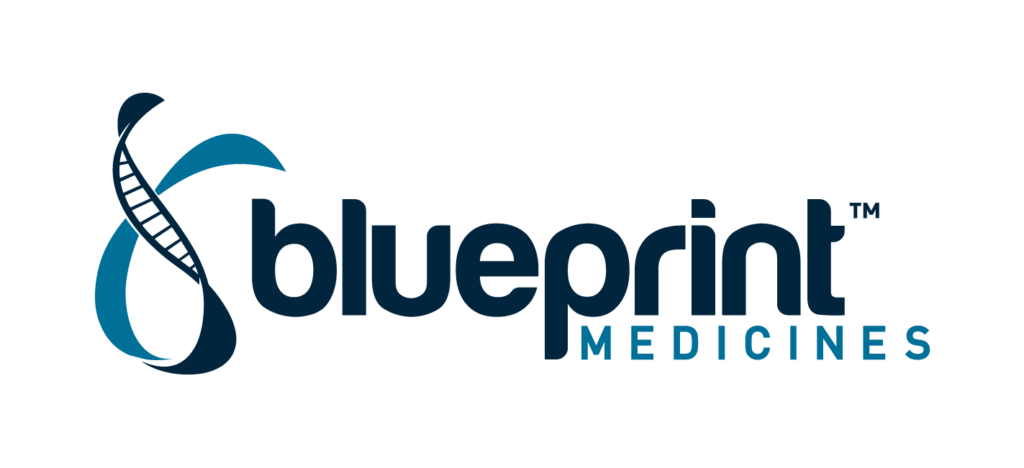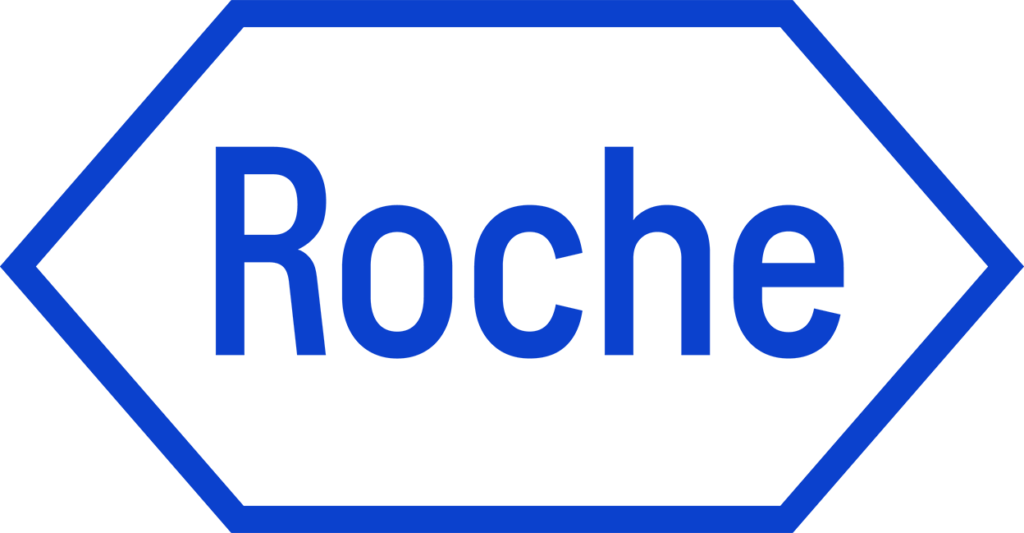No need to travel to experience the best meeting in pathology. Learn and connect with a Virtual Pass and have access to CAP22 content until January 31, 2023. Register now!
Save $200. Pre-register by January 31.
Join Us in the #1 Best Big City
Chicago is the country’s “Best Big City,” as voted by the prestigious Condé Nast Traveler for a historic sixth consecutive year. Why? It could be its welcoming and inclusive spirit, award-winning food scene, stunning green spaces, iconic attractions, or 77 vibrant communities to discover.
Plan to connect with your CAP community at the Hyatt Regency Chicago or virtually for this one-of-a-kind experience.
Sharing Knowledge, Connecting Community
Save $200. Pre-register by January 31.
CAP22 is Designed Around You
You’re on your own distinct path. Be it your first year or 21st year in practice, you need an immersive experience as unique as you are.
That’s why we’ve created four distinct learning paths. Leverage the collective knowledge of CAP member experts with 90+ comprehensive, relevant courses, roundtable discussions, and networking events, all focused on you.
Get a Strong Start
Grow as a Leader
Keep Abreast of Innovation
Broaden Your Influence


COURSE
Artificial Intelligence and Anatomical Pathology: What Every Practicing Pathologist Should Know
MONDAY, OCTOBER 9 | 7:30 AM – 9:00 AM | IN-PERSON | 1.50 CME CREDITS
The faculty will provide an introduction to AI concepts and terminologies, review currently available products for anatomic pathologists, and explore deployment considerations in a practice setting. To provide a better understanding of AI principles, participants will be given an opportunity to train a machine learning algorithm using open-source (free) machine learning software (please bring a laptop running Windows/Mac OS/Linux to participate).
Learning Objectives
- Identify the possible applications of artificial intelligence in anatomic pathology.
- Classify basic machine learning concepts and terminology.
- Analyze deployment considerations of AI-enabled tools in practice.
Course Faculty
Jerome Y. Cheng, MD
Liron Pantanowitz, MD, MHA, FCAP
Pioneers in Pathology Special Lecture
Microsatellite Instability: From Tumorigenesis to Therapeutic Biomarker
MONDAY, OCTOBER 9 | 1:00 PM – 2:00 PM | IN-PERSON, VIRTUAL | 1.00 CME CREDITS
Attendees will learn how to differentiate the various molecular mechanisms that include germline and somatic mutations and promoter hypermethylation of DNA mismatch repair genes. The clinical features of Lynch Syndrome and the importance of microsatellite instability testing in identifying patients with this hereditary cancer syndrome will also be presented. Dr. Hamilton will discuss the pathologist’s role in recognizing the associated solid tumor types, along with the various methods available to evaluate microsatellite instability status in the clinical pathology laboratory. Attendees will walk away with the knowledge that these same testing approaches for identifying patients with Lynch Syndrome are now repurposed across the spectrum of advanced solid tumors to identify patients who are eligible for checkpoint inhibitor therapy.
Learning Objectives
- Differentiate the various molecular mechanisms of generating microsatellite instability, including germline mutations and promoter methylation of DNA mismatch repair genes.
- Analyze the role of microsatellite instability in tumorigenesis of colorectal and other cancers.
- Summarize the clinical features of the hereditary cancer syndrome, Lynch Syndrome.
- Explain the importance of microsatellite instability in identifying patients with Lynch Syndrome.
- Identify the role of the pathologist in identifying microsatellite instability in the clinical lab.
- Indicate the various methods of measuring microsatellite instability in the clinical pathology laboratory.
- Summarize the rationale for repurposing of microsatellite instability testing as a biomarker for selection of checkpoint inhibitor therapy of patients with advanced solid tumor malignancies.
Lecture Faculty
Stanley R. Hamilton, MD
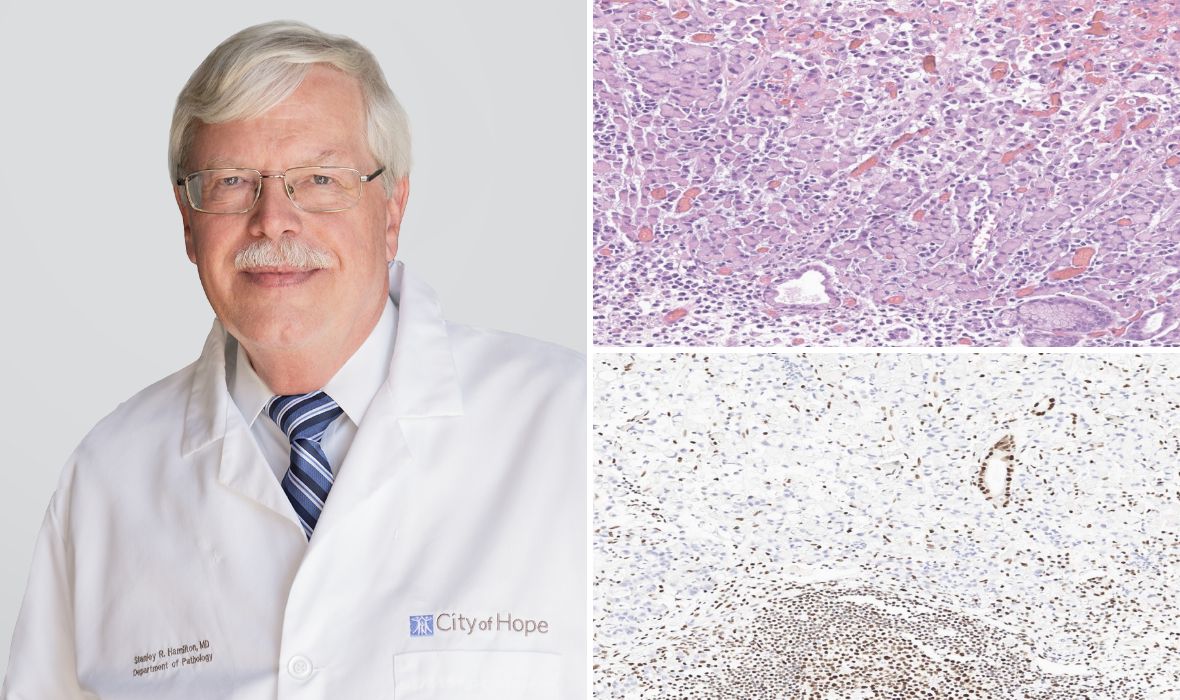
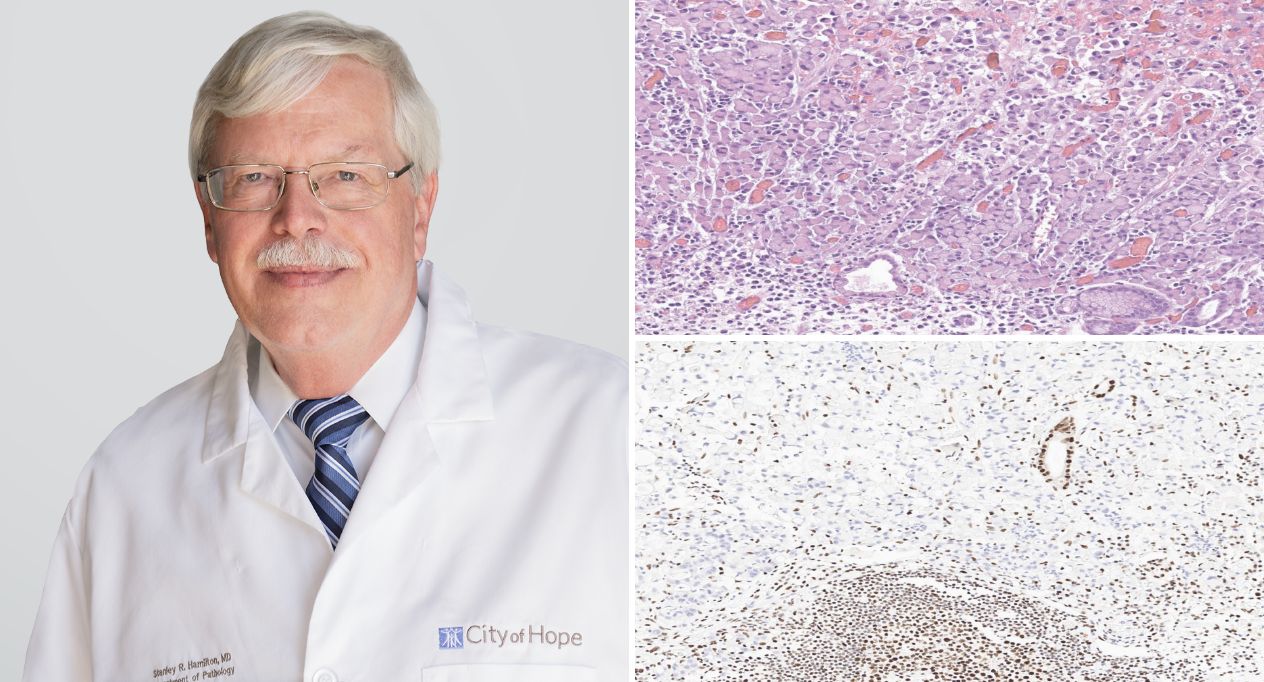
Access CAP22 On-Demand Courses Now
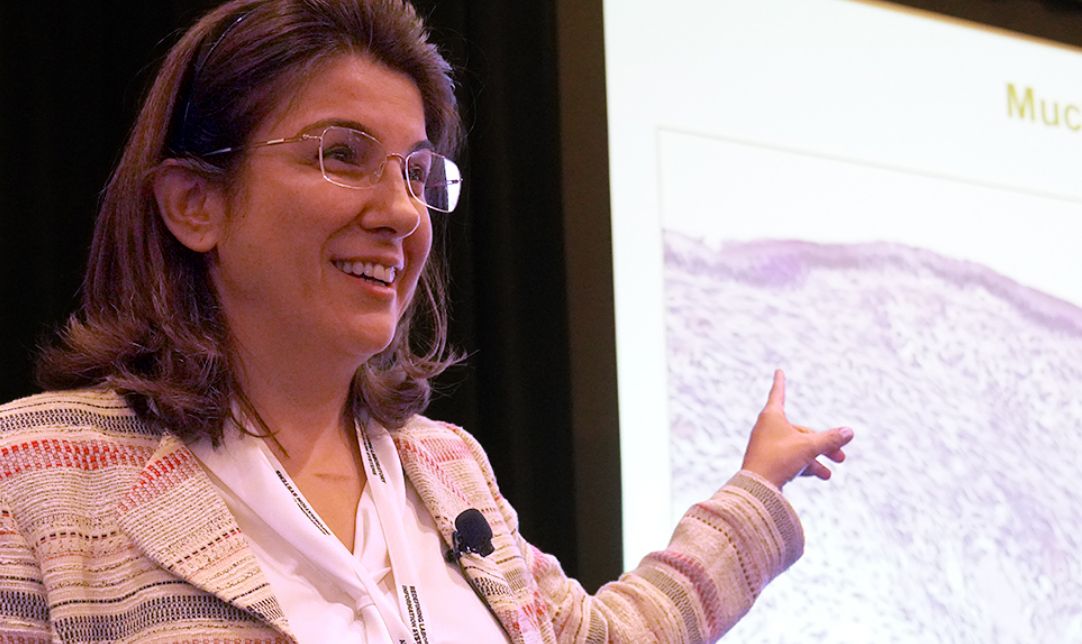
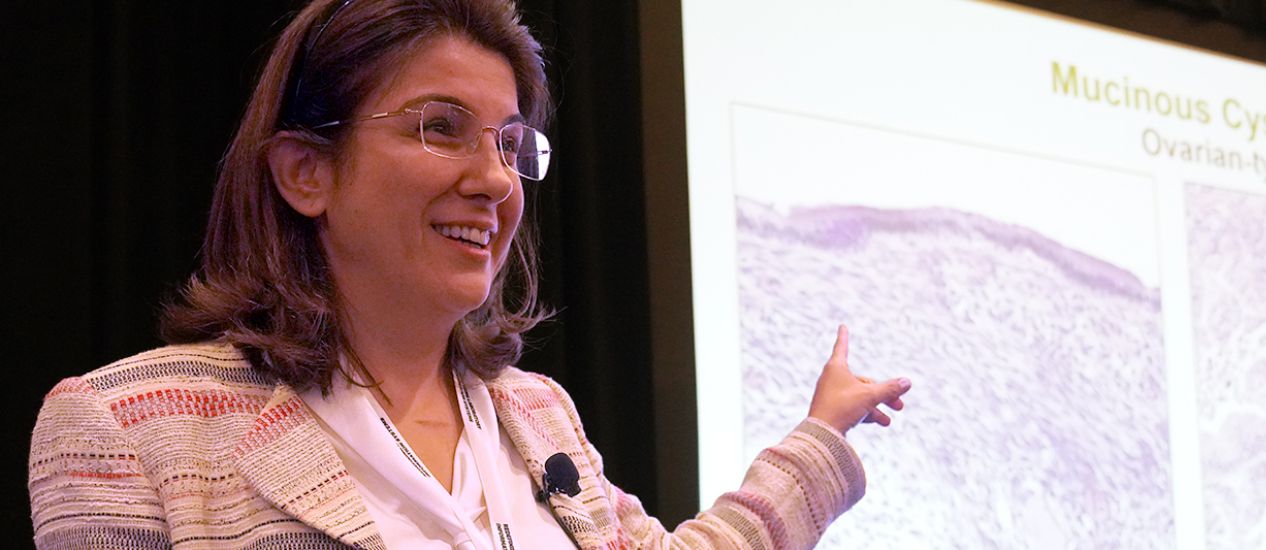
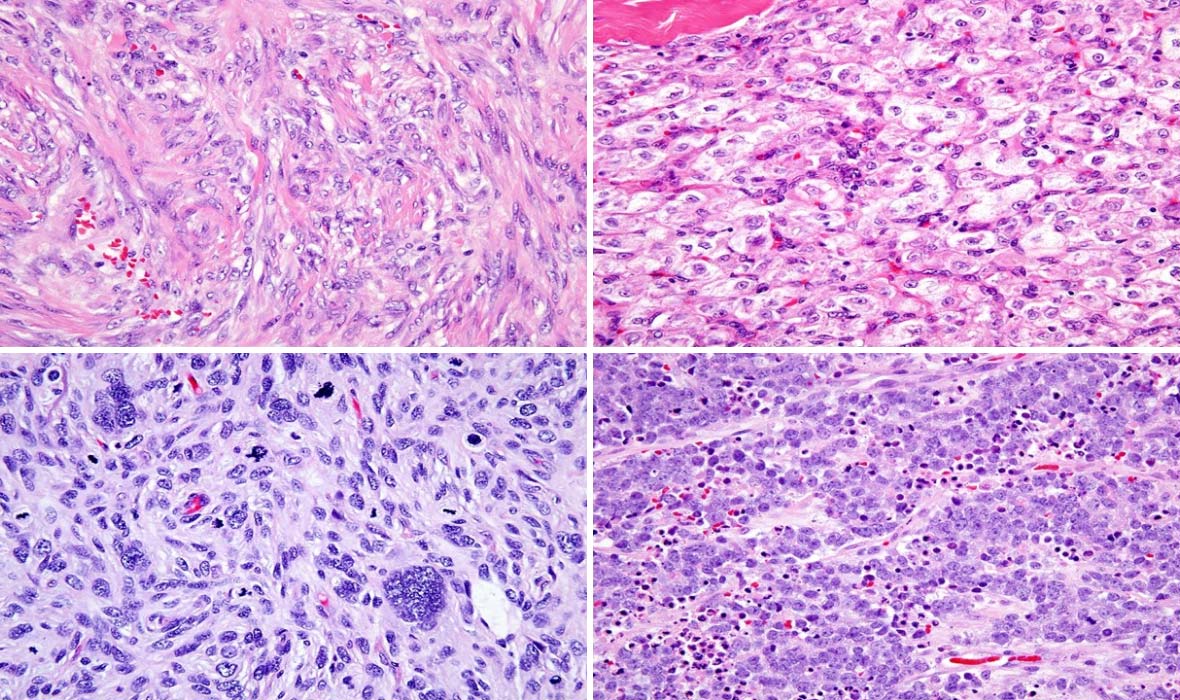
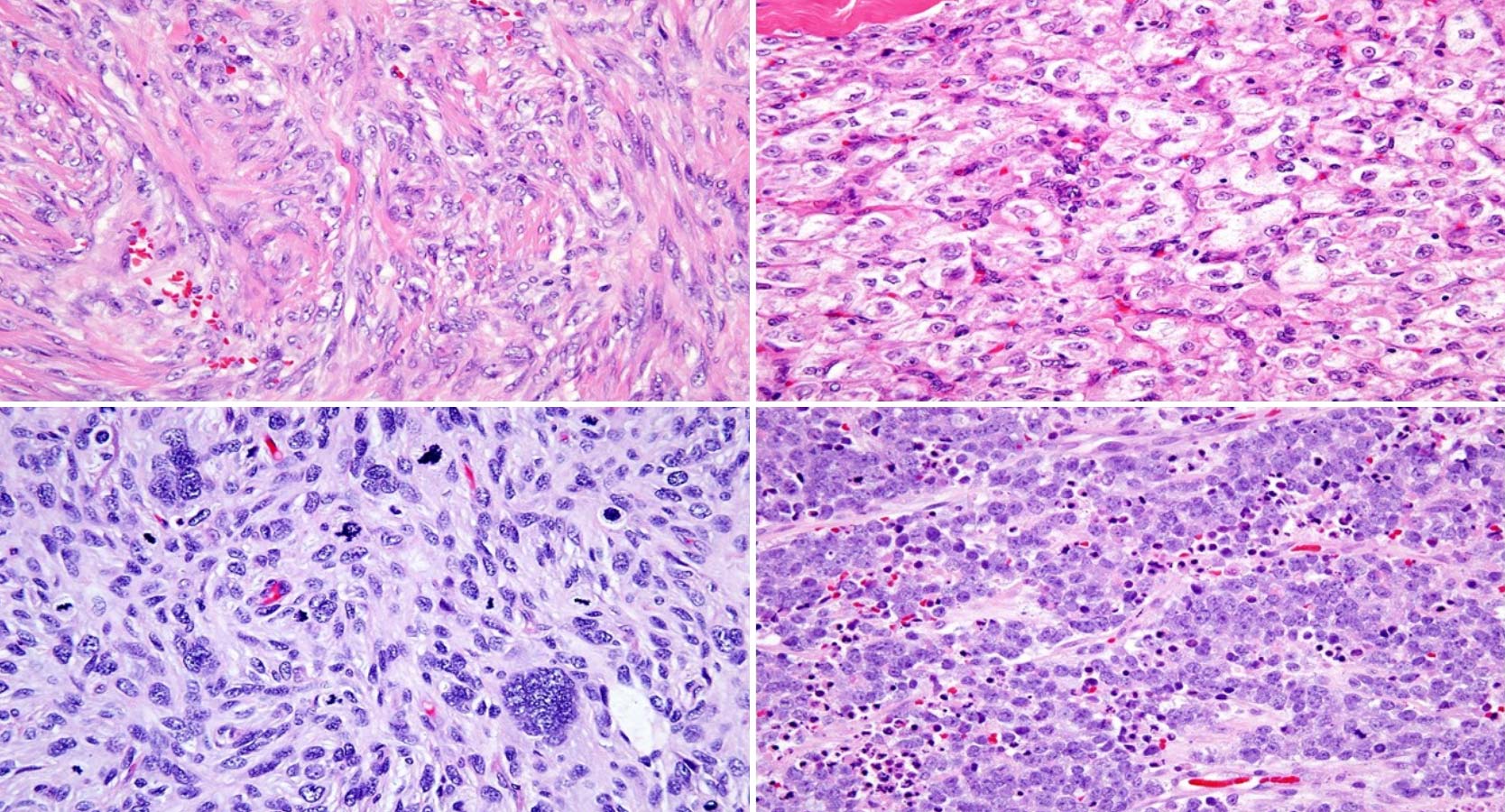
FULL-DAY COURSE
A Practical and Contemporary Approach to Soft Tissue Tumor Pathology
SUNDAY, OCTOBER 8 | 8:00 AM – 4:00 PM | IN-PERSON | 5.50 CME CREDITS
Topics include spindle cell tumors, pleomorphic and round cell sarcomas, and adipocytic and vascular neoplasms, as well as special topics such as pediatric tumors and mesenchymal neoplasms of the head and neck. Throughout the course, faculty will emphasize the judicious application of immunohistochemistry (introducing recently developed diagnosis markers) and the role of molecular diagnostics.
This course will also feature interactive exercises illustrating diagnostic approaches to other selected topics in soft tissue tumor pathology, including myxoid soft tissue tumors, acral mesenchymal tumors, and next-generation sequencing.
This advanced-level, full-day course targets general surgical pathologists with exposure to diagnosing soft tissue tumors.
Learning Objectives
- Develop a strategy to distinguish among soft tissue tumors with prominent myxoid stroma.
- Apply immunohistochemistry for the differential diagnosis of head and neck soft tissue tumors and spindle cell sarcomas.
- Identify immunohistochemistry and molecular techniques for the differential diagnosis of pediatric fibroblastic tumors.
- Apply immunohistochemistry to aid in the diagnosis of recently described soft tissue tumors, novel markers to aid in the diagnosis of vascular tumors, the differential diagnosis of round cell sarcomas, and adipocytic tumors.
- Recognize the key histologic features of fascicular spindle cell sarcomas, round cell sarcomas, recently described soft tissue tumors, and mesenchymal neoplasms with a predilection for the head and neck.
- Identify key histologic features to distinguish among vascular neoplasms.
- Analyze the key clinical and histologic features of pediatric fibroblastic tumors.
- Identify the contemporary classification of adipocytic neoplasms.
- Order next-generation sequencing in select circumstances to help diagnosis soft tissue tumors.
Course Director
Jason L. Hornick, MD, PhD, FCAP, Brigham and Women’s Hospital, Harvard Medical School
Course Faculty
- Jessica Davis, MD, FCAP, Indiana University School of Medicine
- Brendan C. Dickson, MD, Mount Sinai Hospital, University of Toronto
- Karen Fritchie, MD, Cleveland Clinic
CAP23 Abstract Program
SCIENTIFIC PLENARY
Beyond Normal Limits: Uplifting Inclusivity Within Laboratory Medicine
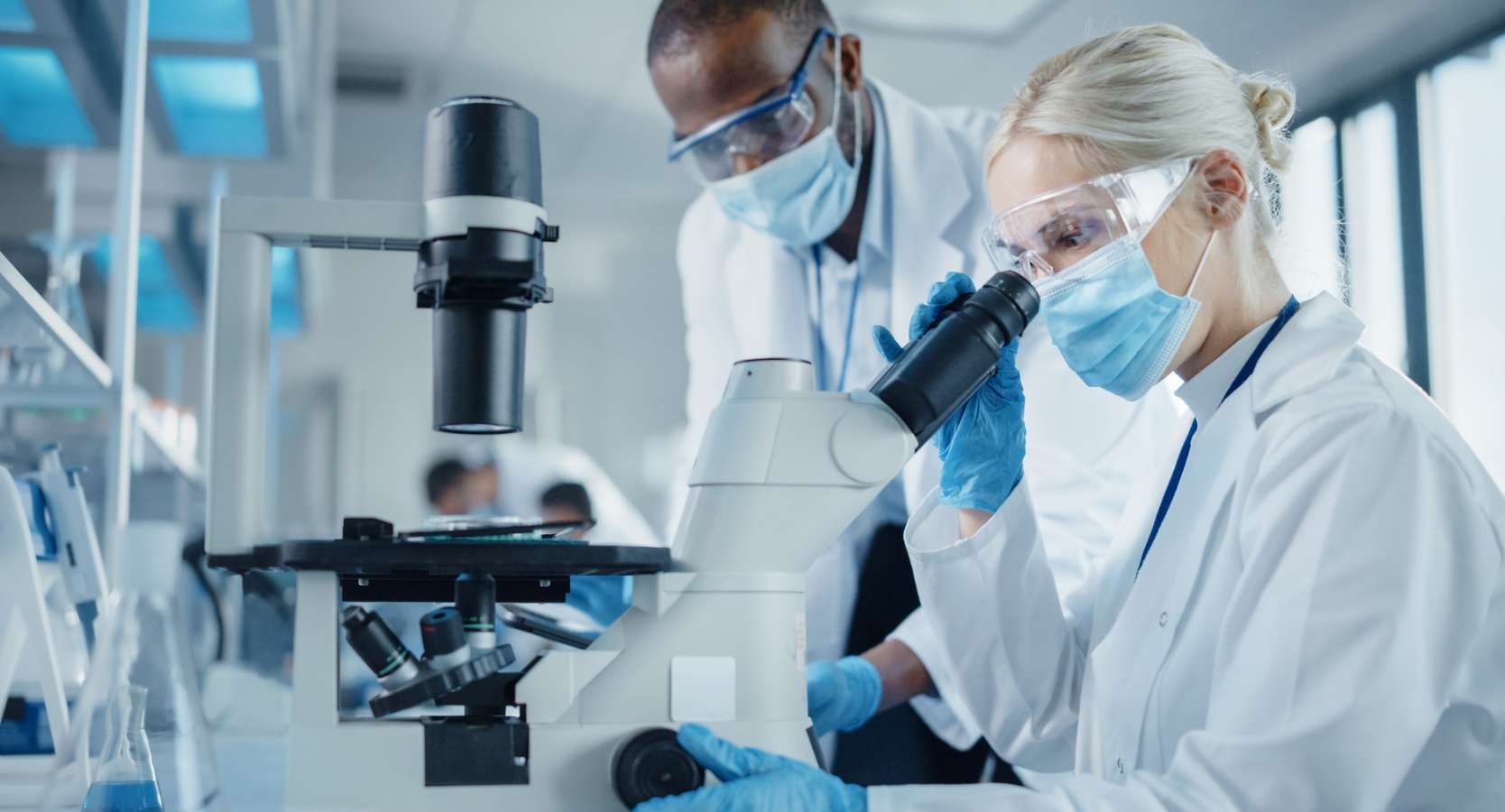

HOT TOPIC
Can You Bank on Your Blood Supply: Using Blood Wisely and in Shortages
SATURDAY, OCTOBER 8 | 7:30 AM – 9:00 AM | IN-PERSON, VIRTUAL
Matthew Karafin, MD, FCAP and Glenn E. Ramsey, MD, FCAP will synthesize multidisciplinary transfusion practice recommendations for all blood components into a logical framework applicable to blood management programs, and electronic guidance for blood ordering. Participants will use audience response technology to share benchmarking information on their current practices and learn how to apply up-to-date guidelines.
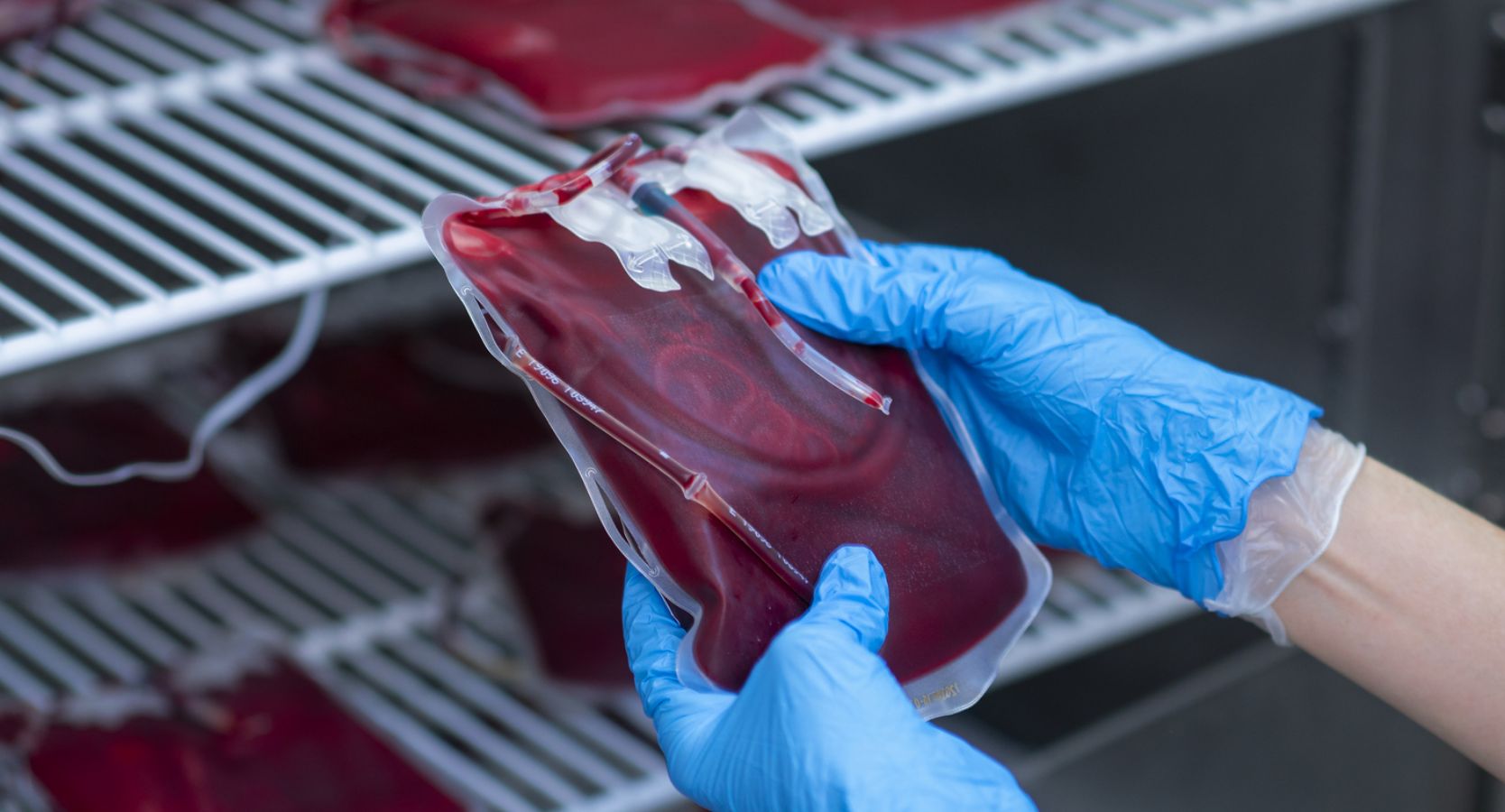
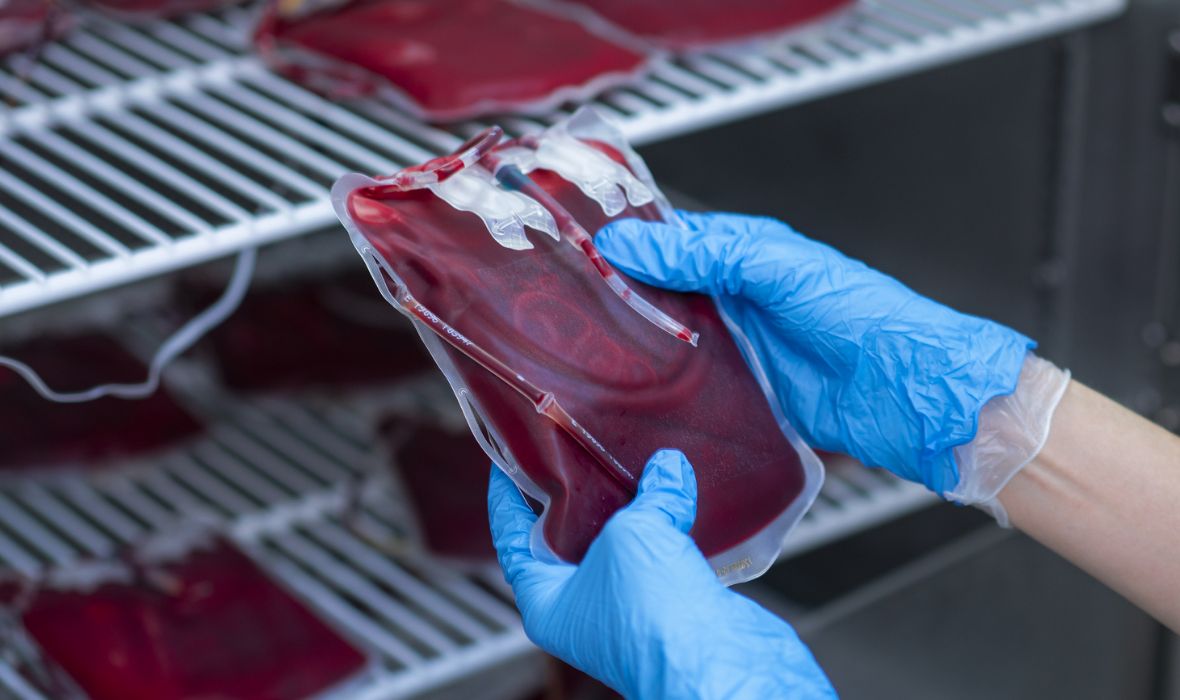
Register Today
In-Person CME Pass
Starting at $249
Free for medical students
Virtual CME Pass
Starting at $75
Free for medical students
Networking Pass
Starting at $99
Free for medical students



